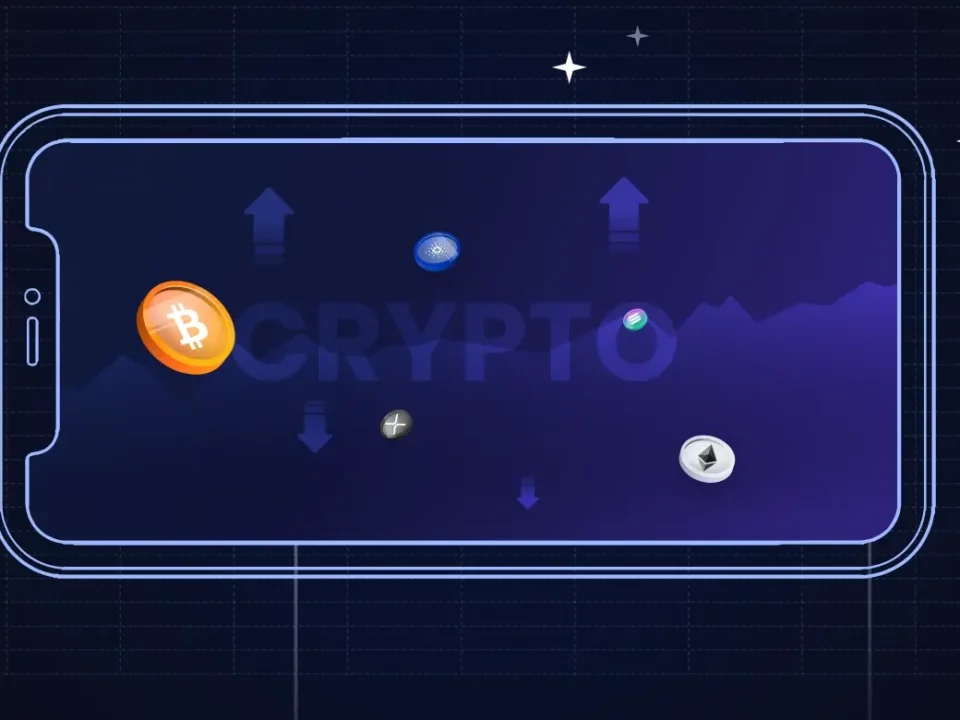Table of Contents
ToggleIntroduction
Irrespective of the size of the industry, every industry has a written contract in place. With every new venture or partnership needing one of them, it becomes a little repetitive work. Thus came in smart contracts. What makes it the better alternative? It is backed by blockchain technology, meaning no mediator or external forces are involved.
These smart contract blockchain projects are carried out between the parties involved only.
What is a smart contract?
A smart contract is a set of cryptographic codes that consists of pre-determined rules and the execution of a task. In layman’s terms, the criteria of the smart contract platforms are embedded in the code; once those criteria are met, the corresponding task or event is executed.
For example, you can write a smart contract about paying $450 for rent every 30th of the month, transferring the assets once the predetermined payment is received, vote on the day of elections with the records being untampered, etc. One of the most important qualities of smart contract platforms is that since the contracts are stored in a blockchain, they cannot be changed once written.
However, this quality of the smart contract applications has its own pros and cons. On one hand, it provides transparency and automation, on the other hand, the smart contract application has to be written again if there are any flaw in the code, which sometimes makes the applications pricey.
Smart Contracts provide the advantage of automation to its very fundamental nature.
Due to the qualities mentioned above, smart contract platforms are autonomous, trustworthy, accurate, secure, and economical. They are economical in a way that the contracts will cut down the expenses that the middlemen usually incur.
Read More: Smart Contract on Blockchain
How do Smart Contracts Work?
With the advancement into Web3, smart contracts are basically the handyman for developers, allowing them to build on decentralized applications and crypto tokens on top of other things. Smart contract use cases are applicable in various sectors. From logistics to gaming to financial tool, smart contracts examples are everywhere.

The best feature that these smart contracts applications bring to the table is that they are stored in a blockchain, similar to any crypto transaction. This means once the execution of the contract has taken place, there is no going back.
Benefits of Smart contracts
With smart contracts standing as such a crucial element, a few benefits need to be mentioned to understand ‘why’ they have become such a huge part of the Web3 world.
- Speed and efficiency: The contract is executed immediately once a condition is met. Due to smart contract applications being digital and automated, there is no paperwork that needs to be processed and no time that needs to be spent in reconciling errors that often result from manually filling in documents.
- Transparency: With no involvement of a third party and because the records of transactions that are shared across participants are encrypted, the need to question whether the information has been altered for personal benefit or not cancels itself.
- Secure: All transactions on a blockchain record are encrypted. This makes them very hard to hack into. Interesting fact: since each of these records are connected to the previous and subsequent records on a distributed ledger, hackers would need to alter the entire chain in order to change a single record. This makes smart contracts a more secure option.
- Cheaper: As smart contract applications remove the need for intermediaries to handle transactions, this also cuts the fees that they would have charged for the task.
Limitations of Smart contracts
Now that we have looked at the benefits these smart contracts bring to the table, it is also important to scroll through some of the limitations that are also a part of these smart contracts.
- Limited scaling: As the smart contract applications work on a single blockchain, it is difficult to execute a large number of transactions at once. This may also result in congestion. If there is congestion in a blockchain network, they can cause a transaction to be delayed. This, in return, can result in an increase in the transactional cost than that of a traditional contract.
- Automation and Third-party involvement: The other limitation of smart contracts is the need for more autonomy. All the events on the blockchain are triggered by an externally owned account, also referred to as EOA. Contracts can interact with other contracts, but they typically need explicit integration logic within their code, which can only be done when instructed by an EOA.
Top 10 Smart Contracts Token [by Market Cap]
| Token | Symbol | Market Cap * |
| Ethereum | ETH | $196,162,392,079 |
| Binance Coin | BNB | $33,419,397,551 |
| Cardano | ADA | $8,740,492,113 |
| Chainlink | LINK | $3,684,060,011 |
| Steller | XLM | $3,240,312,508 |
| Avalanche | AVAX | $3,236,820,414 |
| Ethereum Classic | ETC | $2,231,964,067 |
| Internet Computer | ICP | $1,320,385,128 |
| VeChain | VET | $1,257,967,527 |
| Algorand | ALGO | $749,527,014 |
*All prices are as of September 18, 2023.
Read in Detail: Top Smart Contract Platforms
5 Use Cases of Smart Contracts
Now that we have taken a stroll through the benefits and limitations of smart contracts, here are the 5 smart contracts use cases that we can look into.
| Use cases | Definition |
| Clinical trials | Data sharing among institutions is crucial for any clinical trials. Smart contracts and blockchain technology can easily help them seamlessly share data across the industry, along with authentication of the data for their accuracy. |
| Supply chain management | Smart contracts are self-efficient. Thus, an end-to-end supply chain agreement would require no daily management or auditing. |
| Ownership of property | Similar to supply chain management, owning a property requires paperwork. Smart contracts can help them with a blockchain-based contract that is secure and unchangeable. |
| Voting | Having no requirement for a third party, smart contracts are the easiest way to ensure no manipulation occurs in votes. Having blockchain technology at play, making use of smart contracts also ensures that the data is accurate. |
| Insurance | Being a sector fully based on contracts, smart contracts are here to ensure that the decided-upon terms are not manipulated. Smart contracts can help to reduce the costs of the insurer and result in lower premiums. |
Conclusion
Smart contracts, in short, are codes that are written into the blockchain to execute decided-upon terms between both parties. This results in negating the involvement of any third party. Their potential to introduce radical change to how international business and trade are being executed via traditional norms by speeding up transactions, reducing paperwork, and bringing about cost-efficiency makes them such an important part of the Web3 world.
Related posts
Understanding the Different Types of Cryptos: Coins, Tokens, Altcoins & More Explained
Explore the major types of crypto assets and their unique roles.
Read more
PAWS Telegram Game: The New Tap to Earn Game That Is Beating Hamster Kombat
Discover how to play and earn with PAWS Telegram game.
Read more


